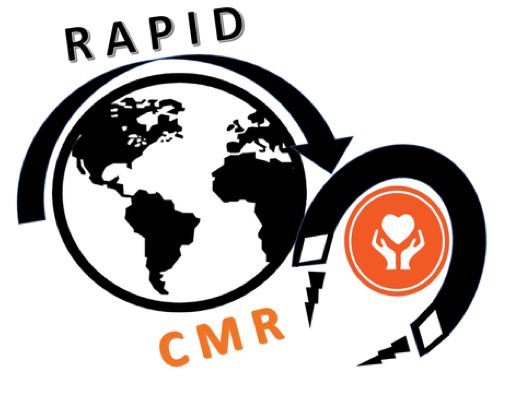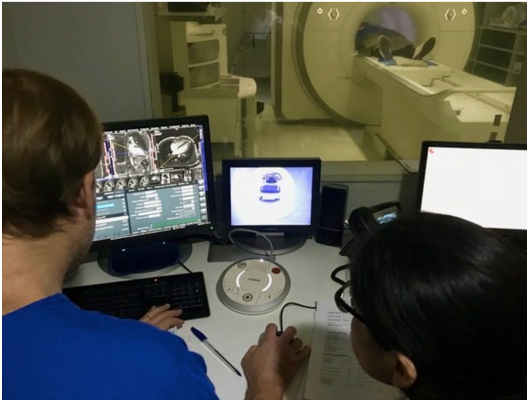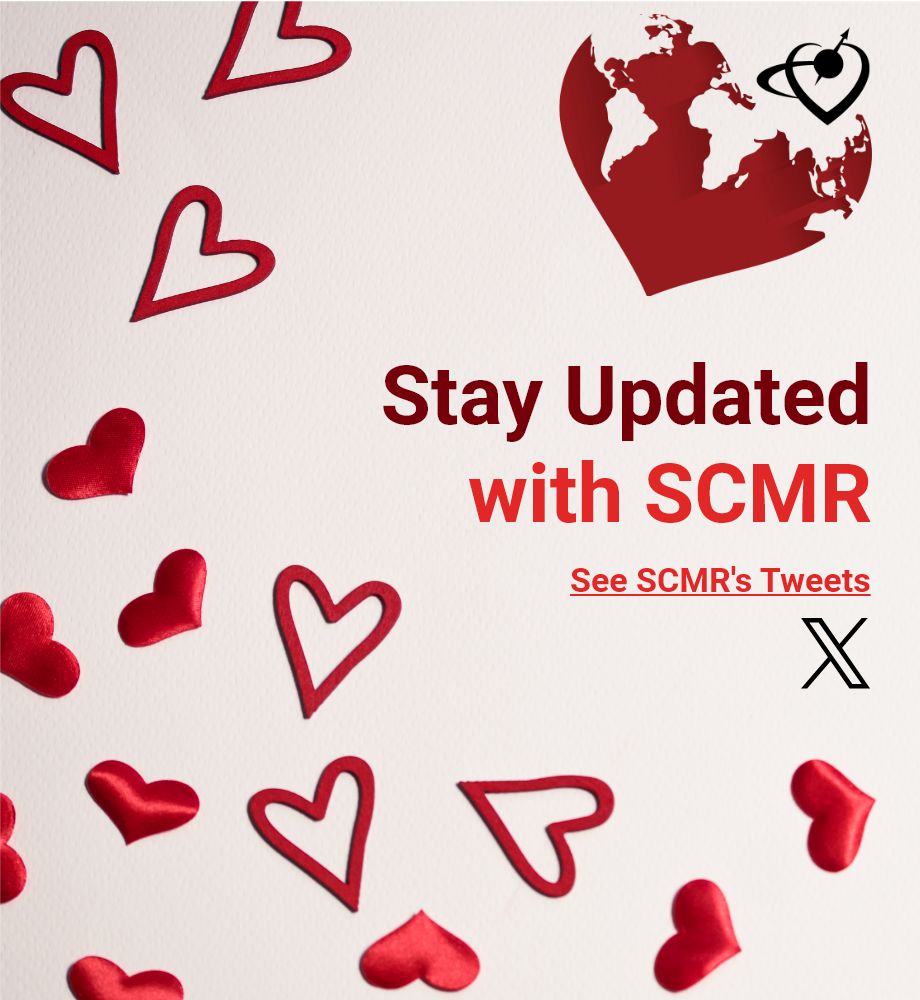Many of us push boundaries with complex, advanced CMR seeking new insights. But for most of the world, CMR is expensive, complex and unavailable.

“RapidCMR” takes a different approach: faster, cheaper, easier, focusing on core information to change patient care: cardiac structure, function and scar. “RapidCMR”, www.rapidcmr.com is an international outreach collaboration aiming to deliver high quality, cost effective, focused CMR scan (volumes and gadolinium) performed in less than 20 minutes and integrated into healthcare where CMR had not been previously available – to date 4 (and growing) low middle income developing countries (LMICs). The collaboration consists of experts (cardiologists, radiologists, technologists), international societies coordinated by SCMR and Industry.
Why is so important to make Advanced Cardiac Imaging technology accessible in developing countries?
We think of cardiovascular disease (CVD) as a Western world phenomenon, but of the 17.7 million deaths pa, 85% occurs in low and middle-income countries (LMICs).(1) Part of the reason is suboptimal treatment, but available treatment may also be poorly targeted because advanced diagnostic testing is limited. CMR needs to be part of the portfolio.
This project developed and delivers sustainable faster, cheaper, easier CMR (including contrast) to LMICs, embedding it in clinical care, with training and mentoring.
Rapid CMR in developing countries
We started with T2* for iron in four middle income-countries: Thailand and India (T2* for iron), moving to contrast CMR in Peru (Lima) and Argentina (Buenos Aires). The original 2015 project (Dr Abdel-Gadir, TICTOC study, Circulation) performed non-contrast CMR for iron overload in Bangkok in 8 minutes, 50 patients a day on one magnet, reducing costs four-fold and demonstrating the clinical and economic advantages.(2) But results overlooked scar imaging. In 2016 we implemented rapidCMR, a contrast CMR protocol embedded in training and clinical care in Lima, Peru. The team (Professors Moon, Litt; Drs Walker, Westwood, Fernandes, Abad) coordinated by Dr Menacho, conduced 98 rapidCMRs in 2 days at 2 Lima sites, with average scan time 18minutes as well as training (hands on plus free 2 day-conference, a level 1 course and a technologist course). The results and 12 month impact is published in JAHA.(3) From nothing, three hospitals (Dr Ramirez, Dr Shimabukuro, Dr Segura) and two Peruvian research institutions (Dr Falcon, Dr Menacho) have adopted rapidCMR for clinical and research purposes.
We have now done rapidCMR – scanning and training – in Buenos Aires, (Dr Jacob, Dr Herrey joining the local team of Drs Perez and Dragonetti) 69 studies on three sites, plus a free 1-day seminar course, 1-day live reporting session – level I SCMR certification. Next interventions are to happen in South Africa (Professor Ntusi) and China; two new funding awarded (Dr Treibel) and a new research project in India (Ultra-fast MRI for Iron Management in patients with Beta Thalassemia in India) chief investigator: Dr Walker, two cities: Delhi – Drs Ghana, Mahajan, Mrs Tuli; and Jaipur – Dr Bansal.
CMR with contrast in 20 minutes for vols and gd is feasible deliverable, much cheaper and, if embedded in clinical practice, changes care. If you want to get involved, please do contact us.

Information:
You can find more information about the project on the following links:
website: www.rapidcmr.com
Contact us at: info@rapidcmr.com
Follow us on twitter: @Katia06576452
References:
- Bowry Ashna D.K. et al. The Burden of Cardiovascular Disease in Low and Middle-Income Countries. CJC. 2015;31(9):1151-9.
- Abdel-Gadir A et al. The TIC-TOC Study. Circulation. 2016;134:432-4.
- Menacho K et al. Impact of Non-Invasive CMR Assessment in the developing World. JAHA. 2018; in press (available on 29/08/2018).







